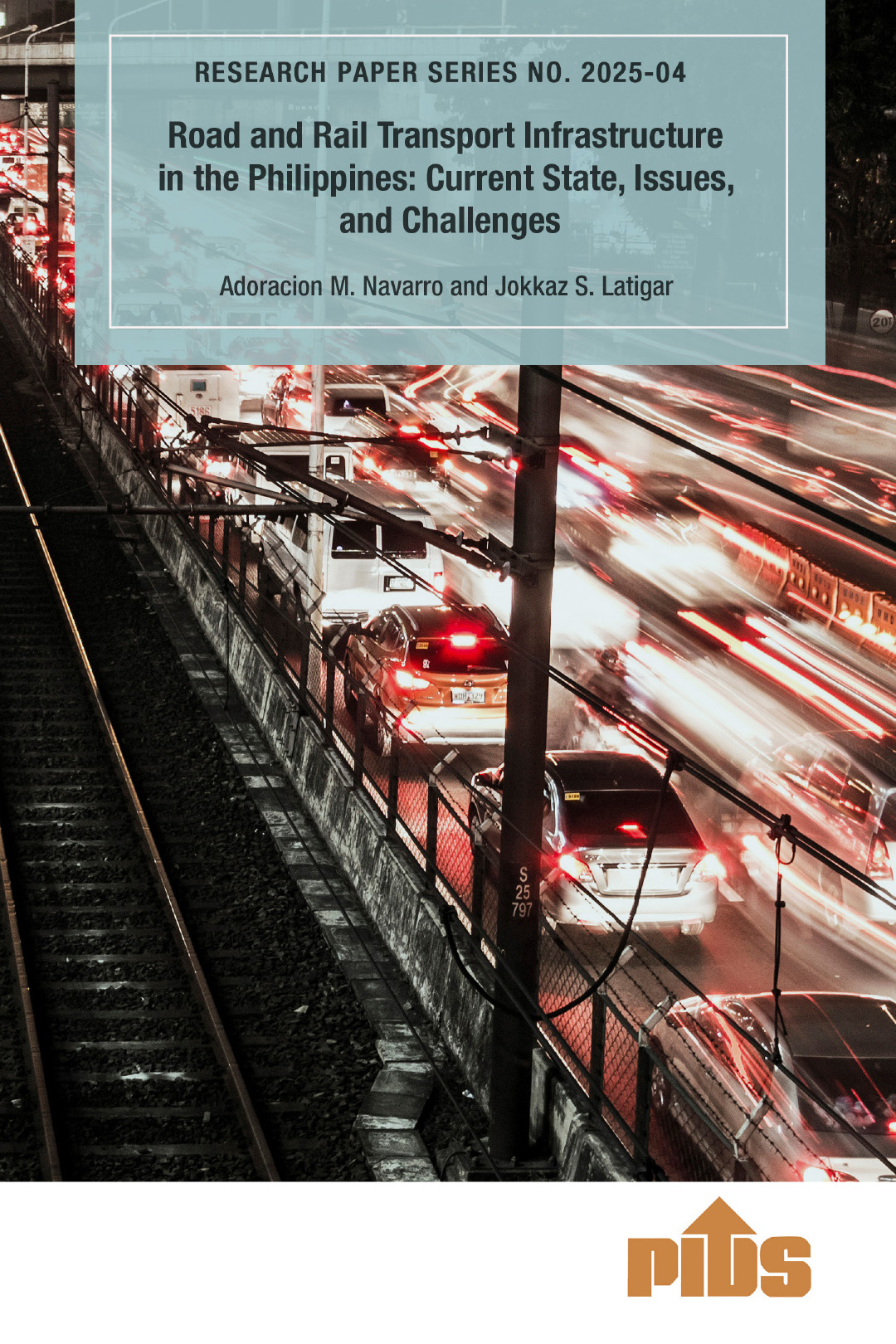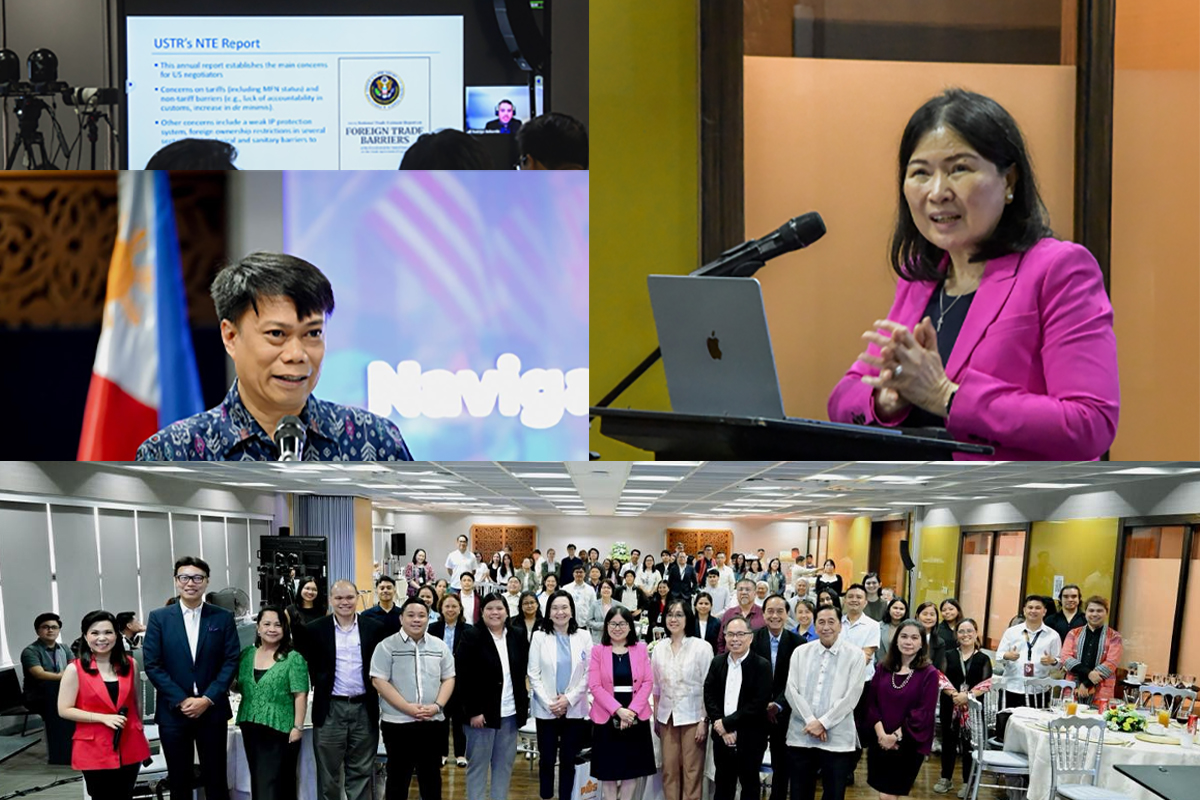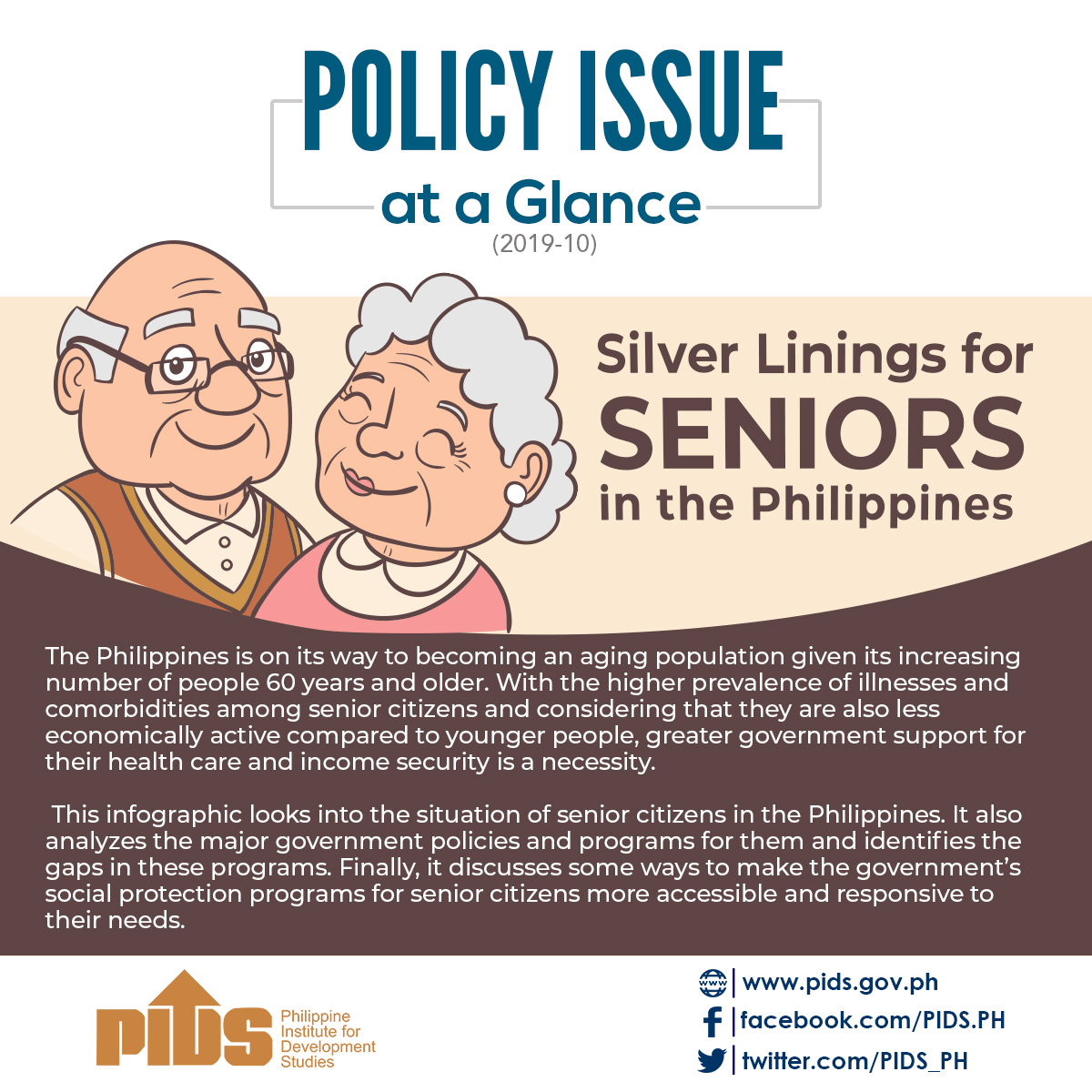The country’s premier think tank said a third telco player would help advance competition in telecommunications sector better than any regulator, but a host of barriers made such an event “extremely difficult” in the near-term.
The Philippine Institute for Development Studies (PIDS) released a new report on the country’s competitive landscape, the heavy task faced by the Philippine Competition Commission (PCC), and the antirust body’s first high profile case: PLDT Inc. and Globe Telecom’s joint acquisition of San Miguel Corp.’s telco unit in 2016.
The almost P70-billion deal, which mainly involved giving PLDT and Globe access to SMC’s valuable telco frequencies, finally closed last May 30, 2017. Following the transaction, PLDT and Globe now hold about 80 percent of all available telco frequencies.
The PIDS paper, authored by senior research fellow Erlinda Medalla, arrived at several conclusions similar to those alleged by the PCC. This included the “haste” at which PLDT and Globe closed the buyout deal with SMC, which had signaled its intention to launch a third telco player.
This has brought a cloud about the motives and doubts about the net benefits that the acquisitions could bring given that these transactions clearly reduce competition to just two players,” PIDS said.
There is added concern that the transactions have not been fully transparent about the terms in the co-sharing agreement and the conditions set by the National Telecommunications Commission (NTC),” it added.
PIDS also agreed with the PCC that more competition was needed, noting that “at least three major players (rather than two) would help promote competition (better than a regulator).
But arising from structural barriers, e.g., the cost of obtaining various permits and licenses, both local and national, the cost of obtaining rights of way, the available spectrum or bandwidth, the foreign equity limitation, might make this extremely difficult in the near future,” it added.
Unlike the PCC, the PIDS acknowledged the “technical loophole” that PLDT and Globe used to proceed with transaction while avoiding the antitrust body’s scrutiny.<
The PCC and the PLDT-Globe duopoly are currently embroiled in a legal row over whether the commission had the right to review the transaction.<
Meanwhile, PIDS noted there were long-term solutions at the disposal of government agencies. These included a combination of liberalization, competition and regulatory reforms.
For consumers, it said the NTC should ensure that PLDT and Globe rapidly improve services.
This, right away, would demonstrate increased overall welfare,” PIDS said. The think tank noted it was also “not too late for PLDT and Globe to work with the PCC.
This could entail agreeing on conditions that would yield benefits for consumers, like platform sharing and interconnectivity, and increased services and greater utilization of their assets (including those newly acquired),” PIDS said.
The Philippine Institute for Development Studies (PIDS) released a new report on the country’s competitive landscape, the heavy task faced by the Philippine Competition Commission (PCC), and the antirust body’s first high profile case: PLDT Inc. and Globe Telecom’s joint acquisition of San Miguel Corp.’s telco unit in 2016.
The almost P70-billion deal, which mainly involved giving PLDT and Globe access to SMC’s valuable telco frequencies, finally closed last May 30, 2017. Following the transaction, PLDT and Globe now hold about 80 percent of all available telco frequencies.
The PIDS paper, authored by senior research fellow Erlinda Medalla, arrived at several conclusions similar to those alleged by the PCC. This included the “haste” at which PLDT and Globe closed the buyout deal with SMC, which had signaled its intention to launch a third telco player.
This has brought a cloud about the motives and doubts about the net benefits that the acquisitions could bring given that these transactions clearly reduce competition to just two players,” PIDS said.
There is added concern that the transactions have not been fully transparent about the terms in the co-sharing agreement and the conditions set by the National Telecommunications Commission (NTC),” it added.
PIDS also agreed with the PCC that more competition was needed, noting that “at least three major players (rather than two) would help promote competition (better than a regulator).
But arising from structural barriers, e.g., the cost of obtaining various permits and licenses, both local and national, the cost of obtaining rights of way, the available spectrum or bandwidth, the foreign equity limitation, might make this extremely difficult in the near future,” it added.
Unlike the PCC, the PIDS acknowledged the “technical loophole” that PLDT and Globe used to proceed with transaction while avoiding the antitrust body’s scrutiny.<
The PCC and the PLDT-Globe duopoly are currently embroiled in a legal row over whether the commission had the right to review the transaction.<
Meanwhile, PIDS noted there were long-term solutions at the disposal of government agencies. These included a combination of liberalization, competition and regulatory reforms.
For consumers, it said the NTC should ensure that PLDT and Globe rapidly improve services.
This, right away, would demonstrate increased overall welfare,” PIDS said. The think tank noted it was also “not too late for PLDT and Globe to work with the PCC.
This could entail agreeing on conditions that would yield benefits for consumers, like platform sharing and interconnectivity, and increased services and greater utilization of their assets (including those newly acquired),” PIDS said.












